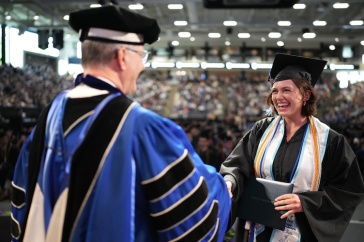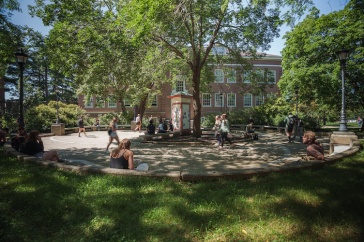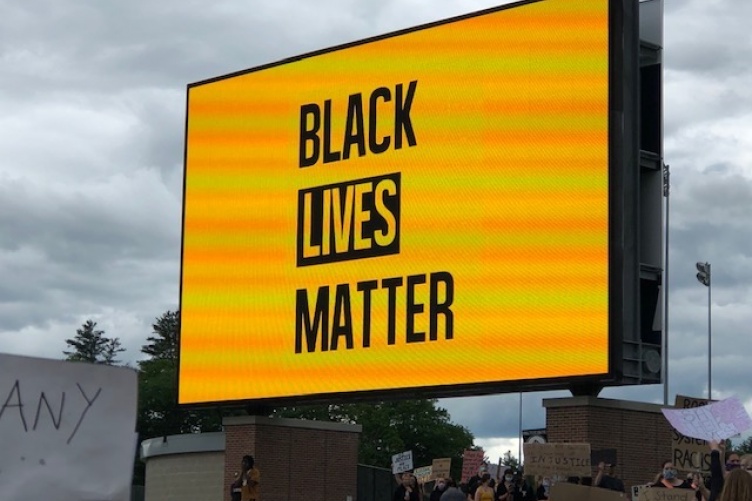
In a 1967 speech, Martin Luther King, Jr. said, “A riot is the language of the unheard.” He went on to ask what America had failed to hear.
It’s 53 years later. Another black man has died at the hands of the police, sending people around the country into the streets in protest. Chanting, yet again as they have in recent years, that black lives matter. And amplifying the silence, the truth that King’s question goes unanswered.
Kabria Baumgartner is an assistant professor of American studies; Vernon Carter, an associate professor of social work, and Jason Sokol, associate professor of history. Here they talk about the protests and the change that — still — needs to come.
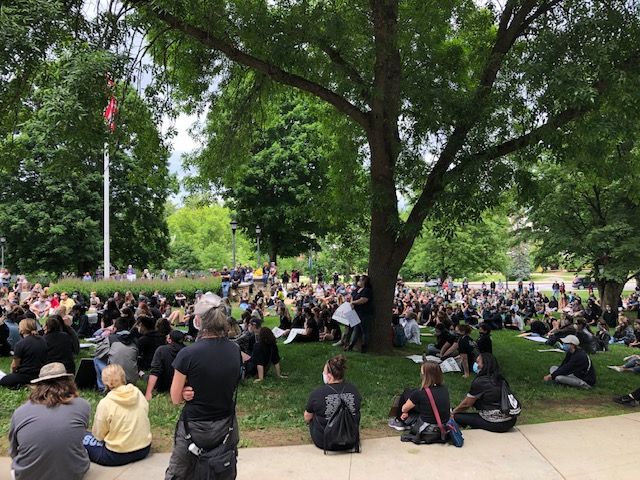
“Black Lives Matter is now a global social movement. I remember a time just a few years ago when it was controversial to say Black Lives Matter,” Baumgartner says. “Now, institutions, businesses, and millions of people are offering their full-throated support to the movement, which was created and organized by black queer women, by the way. What a change, and it’s long overdue.”
“Change does not roll in on the wheels of inevitability but comes through continuous struggle." (MLK)
Carter suggests that further change must start by acknowledging the power of language.
“The word rioting often is associated and ascribed to the less powerful in our country,” Carter says. “Rarely do we see the word rebellion. It was the Watts riots; the Newark riots. Often descriptions of a rebellion are centered around white people. Blacks are said to riot.”
Carter, who is the great-grandson of a slave, views racism through more than one lens. His academic focus is on Native American and Alaskan Native children being removed from their homes. And he’s an admitted sexist — because that’s the messaging he’s always received.
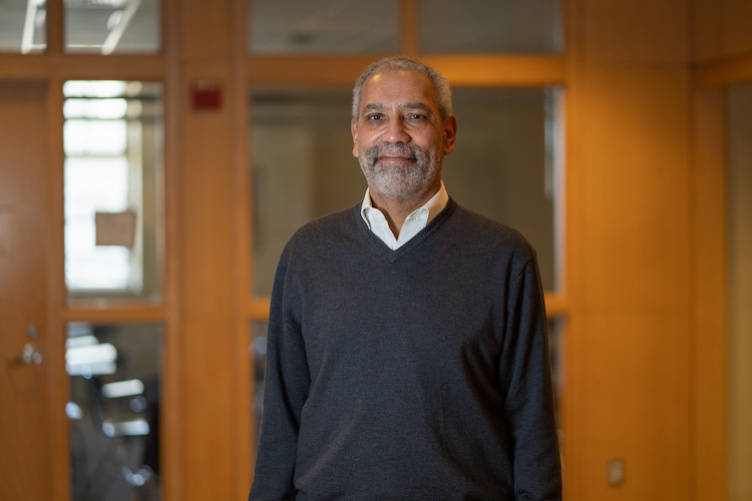
“Sexism is everywhere. It is in the air; it is in the water. Sexist messages have bombarded us from the day we were born. They never stop,” Carter says. “I don’t believe anybody is immune. We must fight against its reach and resilience at all times. The same goes for racism. We should not be afraid of the term racist. We must embrace it and fight against it. We must put on our anti-racism masks. We must wash our hands for 20 seconds every day and ask ourselves did we fight against racism today. Suspended disbelief and realize that’s how it is for people of color every day.”
“Every man of humane convictions must decide on the protest that best suits his convictions, but we must all protest.” (MLK)
Sokol is the author of “The Heavens Might Crack: The Death and Legacy of Martin Luther King Jr.” His study of the civil rights movement and King’s life gives him a keen understanding of why people have continued to march in the streets since the May 25 death of George Floyd, a black man from Minneapolis who died at the hands of a white police officer.
"Intelligence plus character—that is the goal of true education." (MLK)
Dimond Library has a list of resources on racial justice — books, movies, podcasts and more. If you can't find what you're looking for, ask.
“The only way to bring real change is for Americans to do exactly what they have been doing for the past two weeks: to engage in mass protests, unceasing, disruptive and nonviolent protests,” Sokol says. “In Martin Luther King’s final published writing, in 1968, he wrote that ‘massive nonviolent action’ was the only thing that could save the country from disaster. I think we’re in a similar circumstance now – and that massive nonviolent action is still the way forward.”
While strides have been made since King’s death in April of 1968, Baumgartner — who grew up in Los Angeles and is the author of “In Pursuit of Knowledge: Black Women and Educational Activism in Antebellum America” — says those strides have often been “gradual and piecemeal.”
“We need a radical response to systemic racism and police brutality,” she says. “This kind of change requires a willingness to know and sit with the history of racial injustice
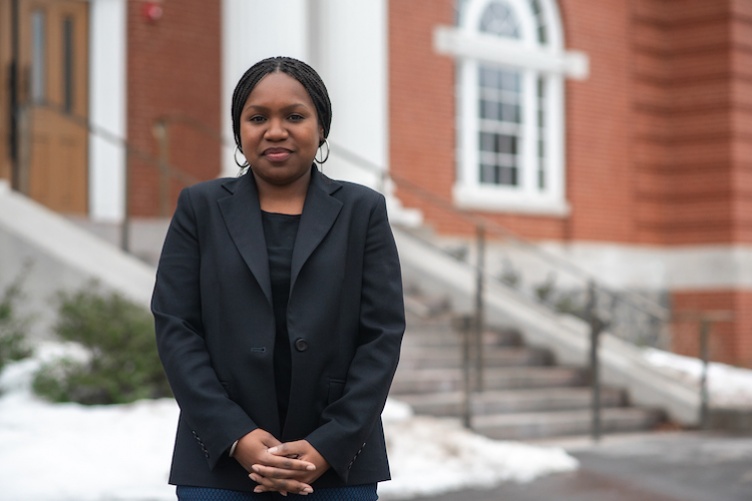
in this nation (and in the state of New Hampshire), and then to commit to eradicating it, starting with you, your family and your community.”
So what will it take to change as a society?
“This is a big question, but the thousands upon thousands of people in the streets marching for Black Lives Matter in their town or city shows me that there is a consensus that we must change, and now is the time,” Baumgartner says. “It will take hard work, but we must resist the temptation to give up or give in.”
Carter says, "We need to acknowledge that our country was based on racism from the beginning. ‘Black people shall be three-fifths of a man.’ It was established in the Constitution that black people were less than.
“When people think they aren’t racist because they don’t often see people of color or don’t have people of color around them, they are missing the point. Most of us don’t know Muslims but, since 9/11, we have opinions. We need to embrace our differences rather than be afraid of them. We need to talk about all of it on a daily basis — racism, sexism, discrimination toward people with disabilities and transgender men and women. People need to be held accountable.
"And we need to make more visible the leadership role black women have played in fighting racism in our country. From Ida Bell Wells-Barnet who fought for federal anti-lynching legislation in the 19th century, which still has not been passed, to 17-year-old Darnella Frazier, who took the video of George Floyd’s death.”
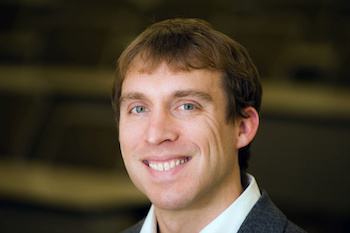
Of Martin Luther King, Sokol says, “He opposed the use of violence, but he was even more passionate in condemning American leaders for their inaction on racial inequality. King stressed that this neglect was what caused the rioting in the late 1960s, writing ‘we cannot condone either violence or the equivalent evil of passivity.’"
In a recent Boston Globe op-ed, Sokol reflected on King’s legacy for us today: “In the 1960s, King led nonviolent armies into the streets and paralyzed American cities. There could be no order, thought King, until justice reigned. Inaction was not an option.”
Sokol adds, “Throughout his career, King urged Americans to take to the streets in demonstrations that were unceasing and disruptive yet also nonviolent. Fifty years later, that remains his final message to us.”
"If you can’t fly then run, if you can’t run then walk, if you can’t walk then crawl, but whatever you do you have to keep moving forward." (MLK)
-
Written By:
Jody Record ’95 | Communications and Public Affairs | jody.record@unh.edu















































